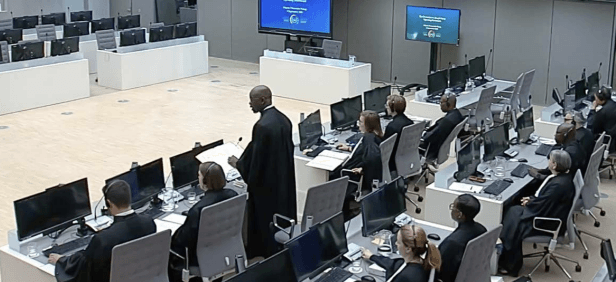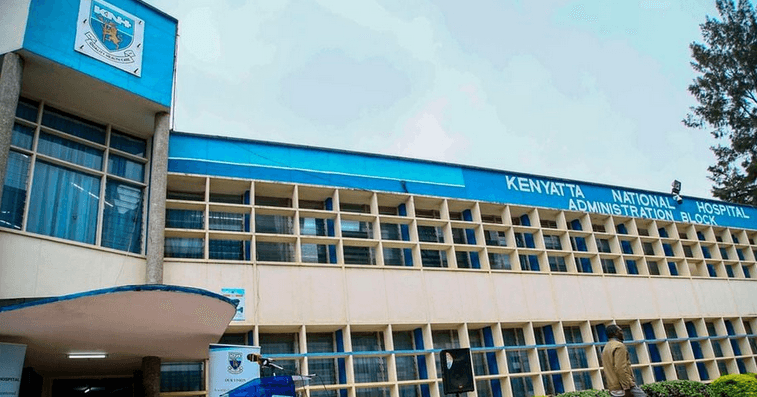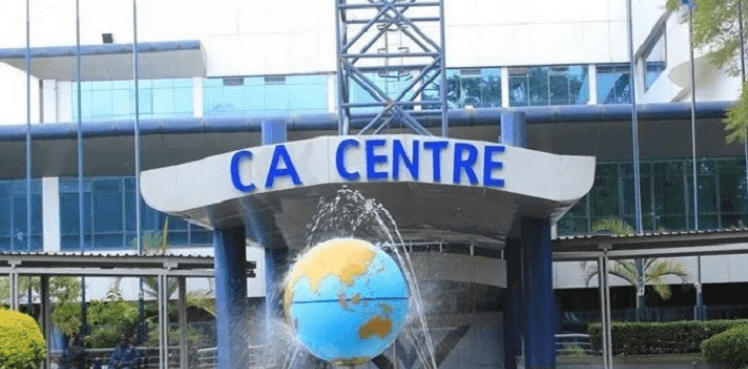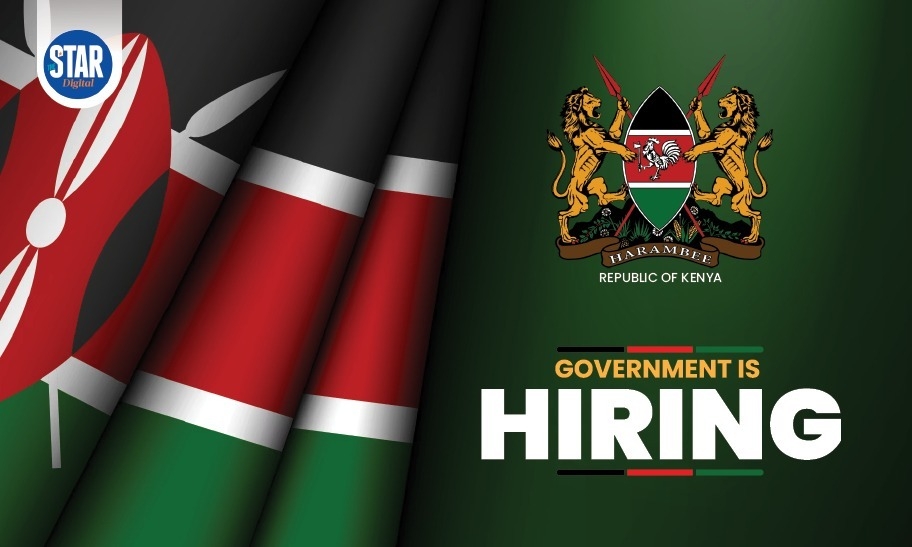The County Assembly of Garissa has begun the process of coming up with laws aimed at banning the entry, transportation, distribution, sale and use of miraa and muguka in the area.
Garissa is among counties that have been affected by drugs and substance abuse, miraa and Mogoka being the leading ones.
The steps will include public participation and sensitisation in markets and mosques and all the public places as well as demonstration and eventually the passing of a legislation.
Speaking to the press at the assembly premises after a meeting with Muslim religious leaders from Garissa, speaker Abdi Idle said culmination of the processes will be a bill that will be passed by the assembly.
He said the assembly decided to start with the religious leaders because they have an important role to play in conveying matters of importance to the community.
“We have had a very fruitful engagement with the religious leaders based on issues that are of concern to the people of Garissa county whom we represent. They range from drugs abuse among them muguka that have destroyed families and lives not only Garissa, but to many others parts of the country,” he said.
Sheikh Hussein Mahat who spoke on behalf of clerics during the meeting with the MCAS said as leaders, they all have a role to play in safeguarding the society off drugs and all the harmful things affecting the community.
“As religious leaders, we welcome this kind of gesture from the assembly. We appreciate their support led by the speaker. We are ready to closely work with them as well as the executive that is headed by the governor to ensure these harmful drugs are eradicated from our society,” Sheikh Mahat said.
He called on the national government to join hands and support Coast and Northern Kenya counties and their leadership in fighting drugs.
“We also have the right to fight these drugs that are causing havoc in our communities. We ask for the same support from the national government as the one it has shown in fighting alcoholism in Mt Kenya region.
Majority leader Mohamed Abdi described the meeting with the clerics as a productive one, adding that as an assembly, they will play their role in ensuring the harmful drugs are eradicated from the society by coming up with relevant legislations.
“I want to say this is a new dawn for our people. An opportunity that we have as leaders to correct all the mess that has been made before. Leadership is about doing that which is right for your people. In this case we must rise up to the occasion and pass laws banning harmful drugs.
He hit out at the National Assembly for passing the law that classified miraa and mugoka as cash crops saying that this has made it difficult for the assemblies to come up with legislatives banning the same.
“But despite all this I want to express optimism and say that all is not lost. The National Assembly can still have this law amended. On our end, we will make sure that this bill is fasttracked and passed by the assembly,” he said.
He called on residents to be patient and offer the necessary support when called upon like giving their opinion and recommendations on the same, hinting that in two to three months the necessary legislatives should be in place.
On Saturday, Garissa Governor Nathif Jama said his administration was making the necessary consultations before coming up with a common stand on the same.
“While I appreciate the moves made by our colleagues in Mombasa and other coastal counties, I must say that we are also making the necessary consultations with our clerics, assembly, elders and other stakeholders so that we can eventually come up with a concrete final decision on this matter."
Jama said the reason for making wider consultations was to ensure that once the ban is implemented, it has the support of all stakeholders.
Mombasa, Kilifi and Taita Taveta governors have banned the entry, transportation, distribution, sale and use of muguka within their counties.
However, the ban has been temporarily suspended by the High Court in Embu, as the debate for and against the product rages on.












